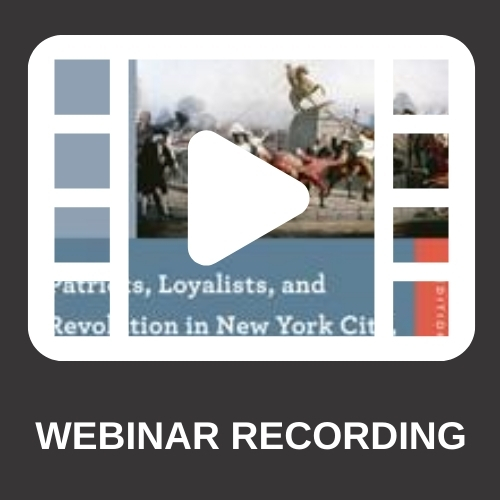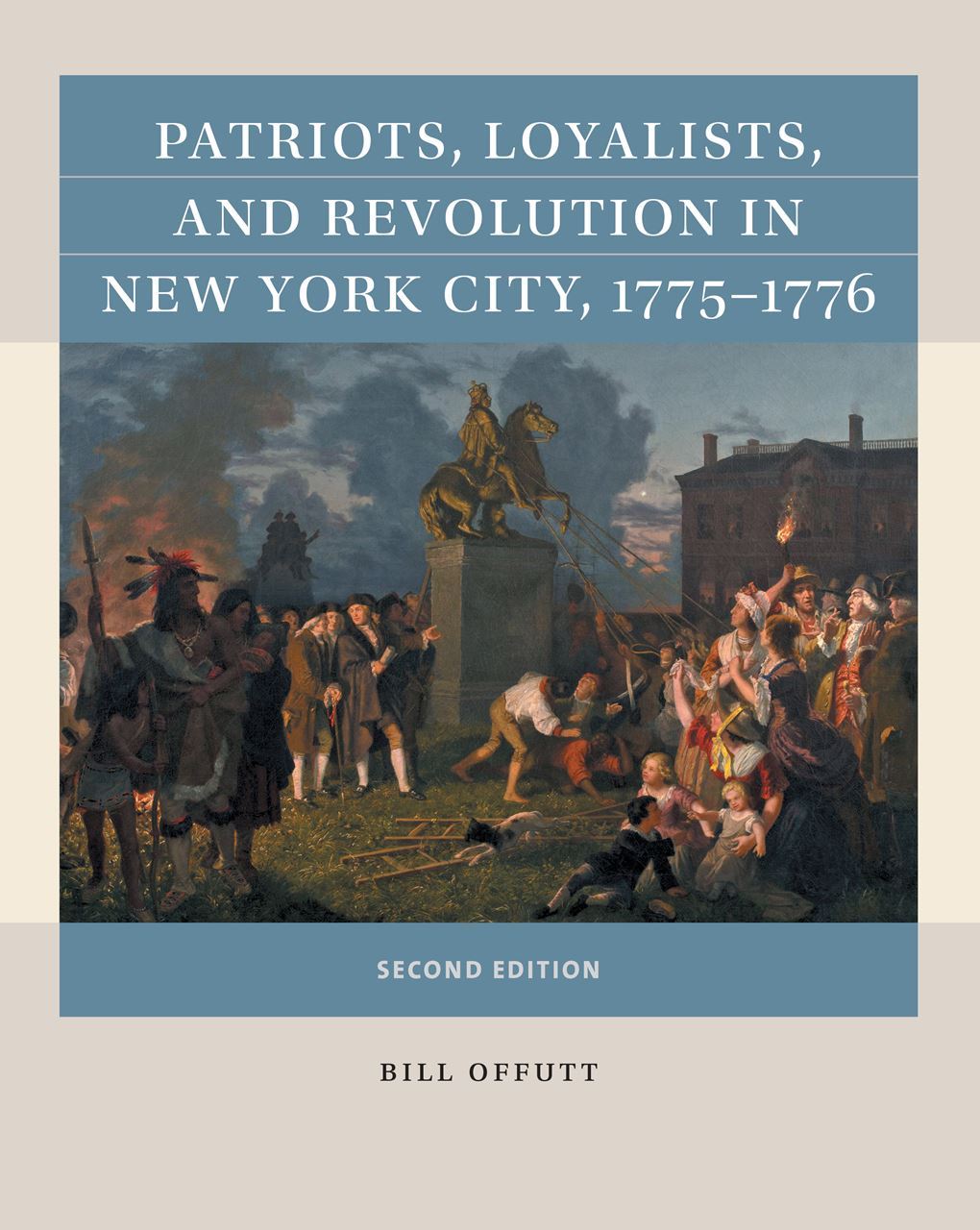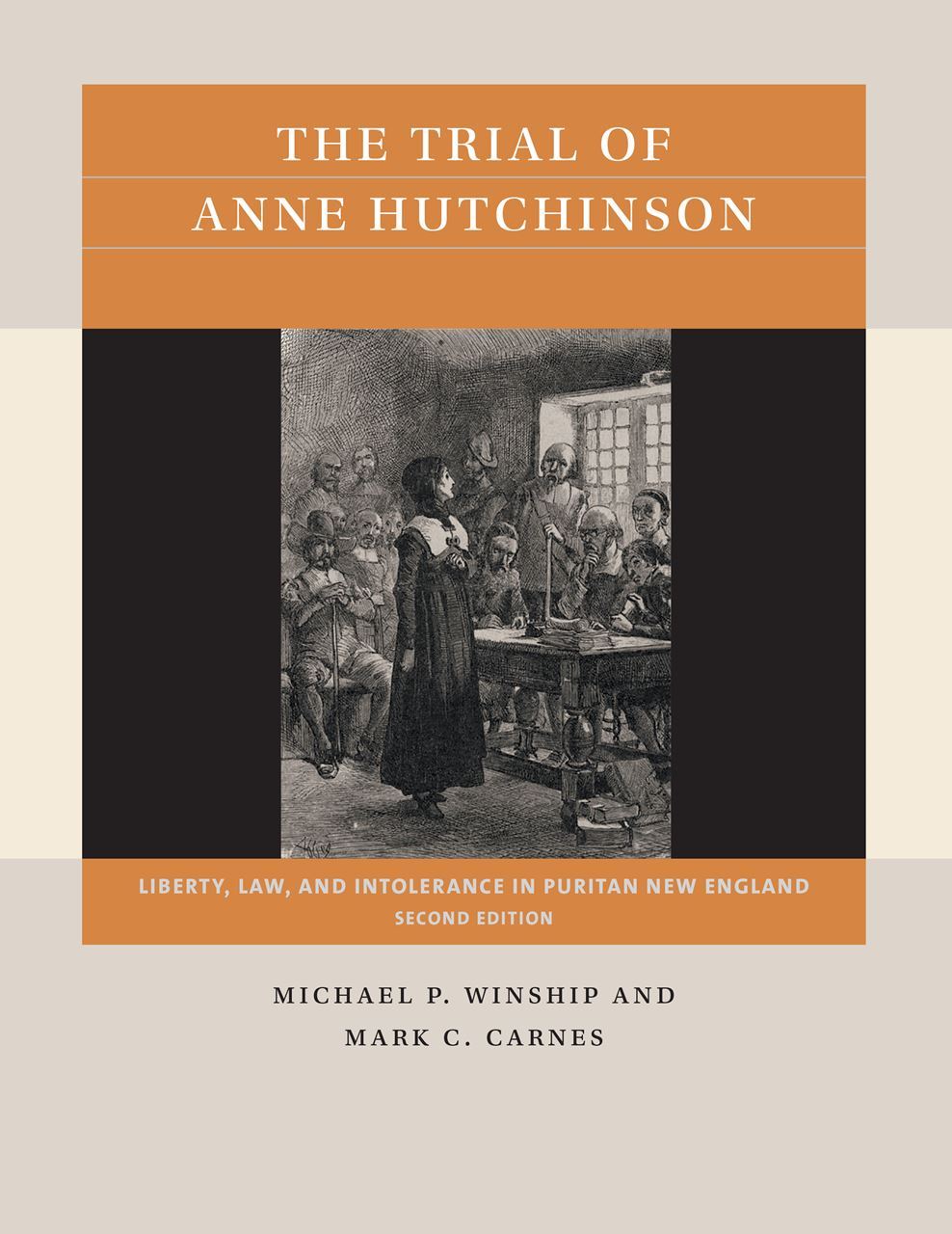Experience the American Revolution--intellectual debate, political violence, social upheaval, dealmaking, war, and a future up for grabs.
This game draws students into the political and social chaos of a revolutionary New York City, where patriot and loyalist forces argued and fought for advantage among a divided populace. Can students realize the liminal world of chaos, disruption, loss of privacy, and fear of victimization that comes with any revolution accompanied by violence? How do both the overall outcome and the intermediate “surprises” that reflect the shift of events in 1775-76 demonstrate the role of contingency in history? Could the Brits still win? What were the complexities, strengths, and weaknesses of the arguments on both sides? How were these affected by the social circumstances in which the Revolution occurred? Students engage with the ideological foundations of revolution and government through close readings of Locke, Paine, and other contemporary arguments. Each student’s ultimate victory goal is to have his/her side in control of New York City at the end of 1776 (not as of the end of the Revolution, when all know who won), as well as to achieve certain individual goals. Winning requires the ability to master the high political arguments for and against revolution as well as the low political skills of logrolling, bribery, and threatened force. Military force often determines the winner, much to the surprise of the students who concentrate merely on internal game politics. |
Details
|
Using the Game
Class Time
|
 GAME MATERIALS
GAME MATERIALS
Confirmed instructors who are not yet members can access basic instructor materials. Reacting Consortium members can access all downloadable materials (including expanded and updated materials) below. You will be asked to sign in before downloading.
Gamebook Students need a Gamebook, which includes directions, resources, and historical content. The American Revolution Gamebook is published by UNC Press. Paperback ISBN: 978-1-4696-7067-6 Published July 2022 Available wherever books are sold. | Role Sheets Students also need a Role Sheet, which contains biographical information, role-specific resources or assignments, and their character's secret victory objectives. .zip file of .pdf files. | Instructor's Manual The Instructor's Guide includes guidance for assigning roles, presenting historical context, assignments, activities and discussion topics, and more. Second edition. .pdf file.
.zip file of .pdf files.
|
Additional Resources
-
 Using American Revolution Online
$10.00$0.00 - Member price
Using American Revolution Online
$10.00$0.00 - Member price
Forums for Patriots, Loyalists, and Revolution
Please note that these forums are in a beta phase and that functionality may be limited. Game authors have discretion when deciding what community materials can be publicized on the Reacting website.
Bill Offutt
Bill Offutt is Professor of History and Faculty Advisor for the Pforzheimer Honors College at Pace University. He received his AB from Stanford University, and his J.D. from Stanford Law School. Abandoning the law, he then went to graduate school, earning a Ph.D. in Early American History at Johns Hopkins University under Professor Jack P. Greene. His first book, Of Good Laws and Good Men: Law and Society in the Delaware Valley 1680–1710, was published by Illinois University Press. His academic interests focus on the relationship between law and society, particularly the methods by which legal systems obtain and keep their legitimacy. He has taught courses on colonial America, revolutionary America, the Civil War, Constitutional history, and American women’s history. In addition to his own Reacting games, he has taught eight other Reacting games to students at Pace, and he has participated in numerous Reacting conferences as Gamemaster and/or player. | Reacting and Related Titles
|
Reviews
"Tomorrow we're tackling the Declaration in my American Rev seminar. Students are putting together breakup text messages to King George III and selfishly this exercise may just be for my own entertainment and enrichment." | "Looking forward to the first factional meetings today for the American Rev. game I am playing in my course... Students have seemed really eager so far." | "This warms my heart. I don't know the last time I saw so much student interaction." |
Members can contact game authors directly if they have questions about using the game. We also invite instructors join our Facebook Faculty Lounge, where you'll find a wonderful community eager to help and answer questions.
|
|
|





